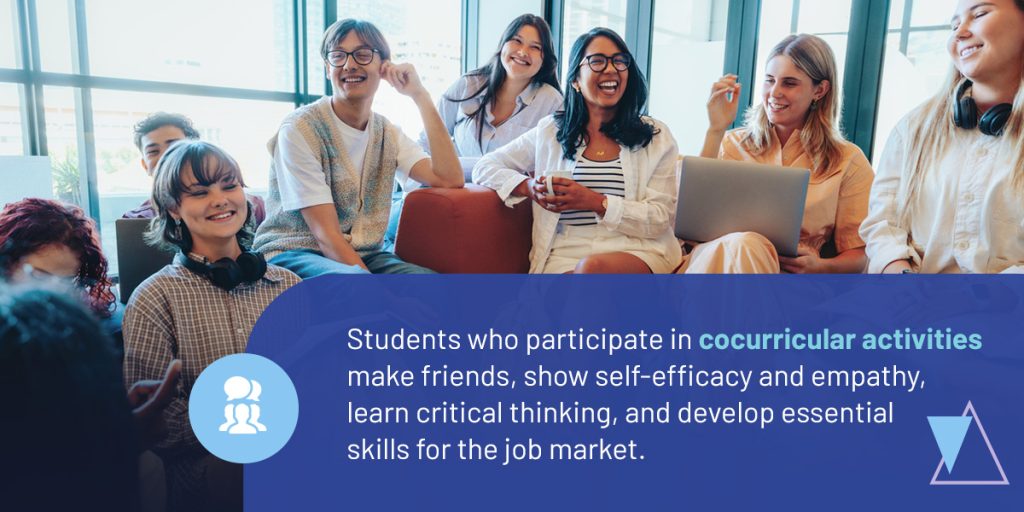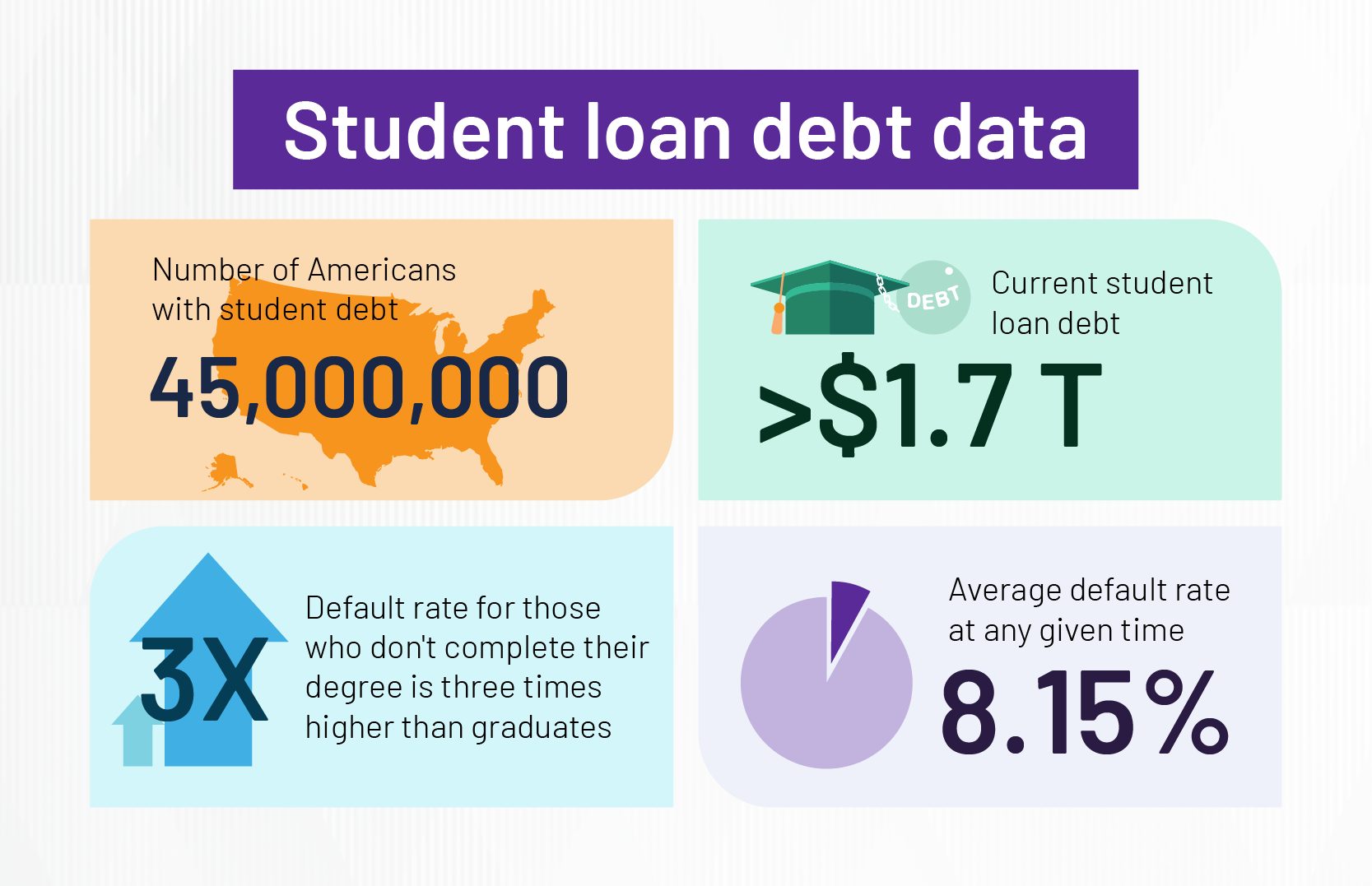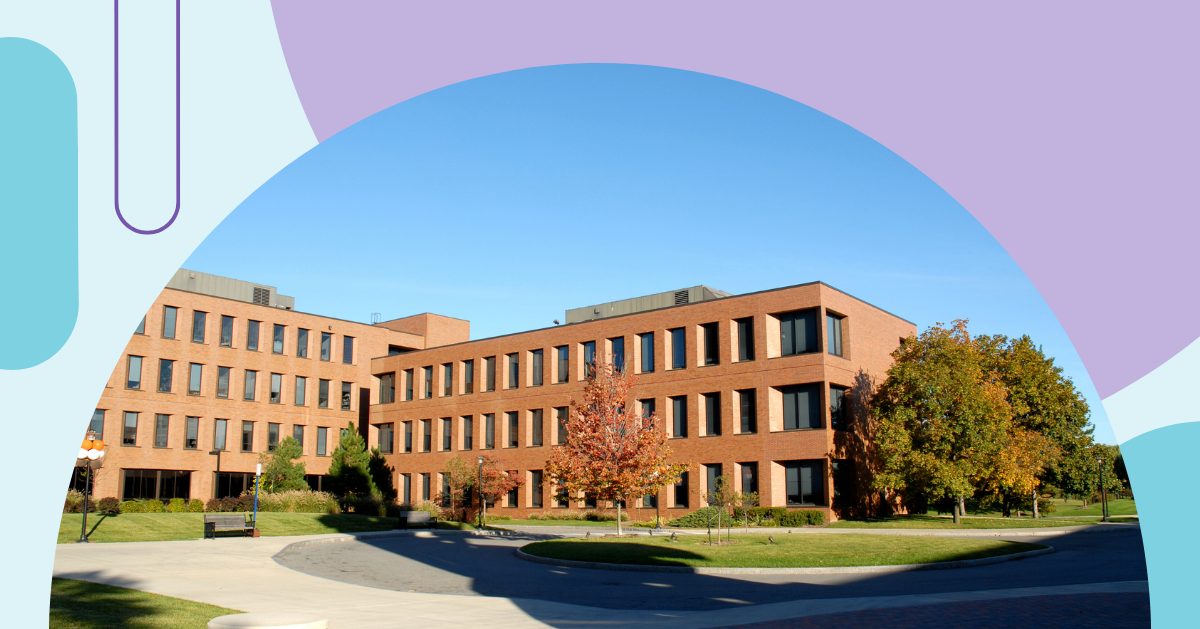
Cocurricular experiences are an integral part of student success in many ways, fostering growth beyond the classroom that can translate into academic improvement. These experiences range from one-off activities to extended volunteer commitments through membership in student societies, encompassing hands-on participation, organizational leadership roles, and fundraising activities.
This breadth of cocurricular community engagement activities can provide students with significant leadership experience and increase community college retention and graduation rates. But as more students with diverse backgrounds enter community colleges, institutional leaders must evolve their approach to cocurricular community engagement to include all these students.
With the right cocurricular community engagement strategy, community colleges can inspire their students to participate in these critical activities, leading to personal and academic growth.
The challenges of cocurricular engagement at community colleges
Encouraging cocurricular engagement in a community college setting has challenges, the most common of which include:
- Unclear goals: Community colleges often lack defined goals for cocurricular activities. The absence of a clear understanding of cocurricular activities or what the institution aims to achieve with them holds back strategic resource allocation and decreases faculty motivation to support cocurricular community engagement.
- Resource limitations: When community colleges propose cocurricular programs, they may lack the funds or staff to put these programs into action.
- Faculty reluctance: A lack of enthusiasm among faculty is one of the most prevalent challenges affecting cocurricular engagement. This leads to missed opportunities for faculty members to inspire student involvement and organize cocurricular initiatives.
- Time management and attendance: Students often have busy schedules and need help managing their time effectively enough to attend cocurricular activities. Timetable issues on the academic side can lead to clashes, with students choosing to prioritize their academics.
- Lack of student engagement: Many community colleges have yet to find a method to engage students and eliminate hindrances to their involvement. A lack of student enthusiasm requires community colleges to shift their mindset, trying to meet students where they are and create positive environments for them to engage.
Why cocurricular engagement matters for community colleges
Cocurricular engagement takes students out of the classroom, shifting their focus to hands-on learning to build essential life skills in a real-world environment. These experiences are especially valuable for community college students, who often need well-developed soft skills to balance academic life with work and family commitments. The confidence and valuable social and leadership skills they attain can enrich their academic experience, grow their resilience, and help them persist to graduation.
Whatever the choice of cocurricular program — student clubs, athletics, leadership programs, community service, or the arts — students develop awareness, empathy, and skills necessary for community college and the rest of their lives. Students who participate in cocurricular activities make friends, show self-efficacy and empathy, learn critical thinking, and develop essential skills for the job market. While four-year schools may have more social capital driving their graduate employment rates, community colleges can bridge the gap by helping students build these high-value skills through cocurricular opportunities.

Some of the positive impacts of cocurricular activities on students include:
- Social skills: Working within the community or student groups exposes students to differing views and experiences, allowing them to hone their emotional maturity. The diverse student populations community colleges attract create an ideal environment for social development through cocurricular engagement.
- Work ethic: Committing to cocurricular activities requires students to fill work hours, instilling a sense of responsibility and ensuring they understand the importance of completing tasks. This conscientiousness is a valuable asset for long-term academic and career success.
- Time management: Balancing commitments and managing time is essential in the employment market. Students can hone this skill when working on their academic and cocurricular responsibilities.
- Relationships and belonging: Students can strengthen their relationships and bonds through cocurricular activities, which provide them with lifelong friendships. This sense of belonging is vital for nontraditional community college students, who sometimes feel isolated from the mainstream college experience.
Solutions to improve engagement in community college cocurricular activities
Armed with student-centered solutions, your community college can overcome challenges to cocurricular engagement and promote holistic student success.
1. Meet the needs of students
The most critical aspect of improving engagement is sending students a message that their needs matter. A data-driven approach is the most effective way to understand and serve student needs.
Use your existing data to analyze who is attending programs and who isn’t, and consider why certain students aren’t attending. It could be as simple as timetable clashes, but upon closer inspection, you may notice that cocurricular activities need to be better tailored to the current student body. For example, you may consider weekend programs or initiatives that relate to academic progress or careers, like resume-building or interview skills workshops.
Try using student surveys to gain quantitative and qualitative insights into the obstacles hindering engagement and the needs your cocurricular initiatives could meet to increase involvement. Create open communication channels where students can freely discuss their needs and ask questions. Listening to their ideas will foster a sense of empowerment among students, who are more likely to attend programs and events they had a hand in creating.
2. Integrate academic, personal, and professional development
Help students create a connection between their chosen course and the co-curriculum by interweaving coursework and events. Students who can demonstrate their learning and competencies in the classrooms and through service, volunteering, and cocurricular initiatives are more likely to make an authentic and meaningful contribution to your cocurricular program. For example, accounting students could integrate academic, personal, and career development by forming a personal finance society and hosting budgeting workshops.
3. Collaborate across the campus
You need the entire campus on board to make the most of your cocurricular programs:
- Clarify that cocurricular activities are a critical goal for your institution.
- Conduct detailed audits of all your programs to determine attendance, successes, and opportunities to improve your offerings.
- Encourage academic departments and student support offices to organize workshops, societies, and volunteer programs related to their areas of expertise.
- Invite students, faculty, and community members to collaborate on framing cocurricular initiatives.
4. Create a supportive student environment
Provide your faculty with as many resources as possible to expand their awareness of diverse student populations, aiming to shift their focus from informing students to inspiring their development. Your students should feel safe to contribute to their cocurricular environment, and your faculty can welcome their input through in-person and online discussion forums as well as anonymous surveys. Lean into financial counseling, academic advising, child care services, flexible scheduling, and mentorship programs as support resources to help first-generation students, working students, and students who are parents get involved.
Enhance cocurricular engagement with Watermark

With a data-driven approach, you can tailor your cocurricular programs to engage diverse faculty and students at your community college. For institution-wide insights you can trust to enhance engagement, try Watermark’s Educational Impact Suite (EIS).
This easy-to-implement higher education software suite includes integrated solutions to help you:
- Gather and analyze student survey data to understand cocurricular experiences and needs.
- Provide mobile-friendly student support access to facilitate balance between academics and cocurricular activities.
- Build customized learning pathways for students with diverse needs and commitments.
Book a demo today and see how we can help you empower your students for holistic success.















































































































































































































































































































































































































